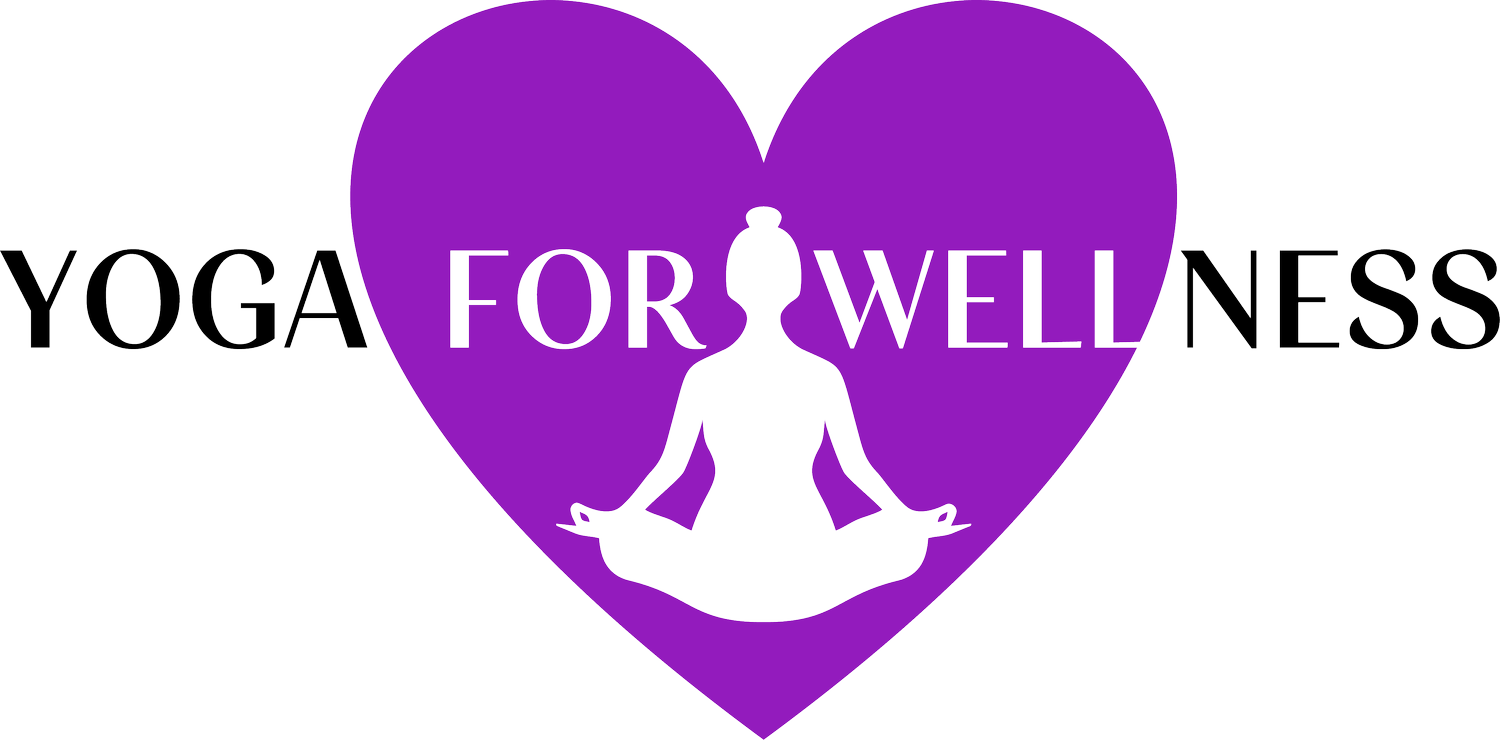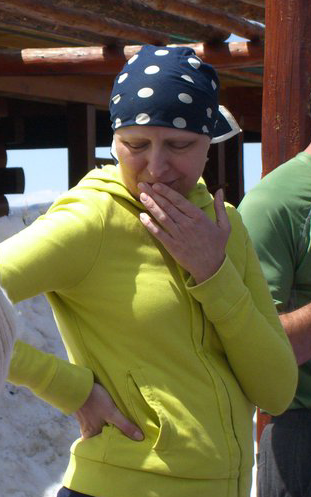The Question You Should Never Ask Someone with Cancer
Today, I want to discuss cancer support and what not to say to cancer patients. Cancer caregiving can be a skill we can learn with mindfulness.
"What stage are you?"
You see, Michael and I hesitated to tell people about my diagnosis for a month until we had a complete plan of action to take. We knew we would be (ironically) be taking care of the people we told; so, once the news broke, we wanted to be secure with our emotions and be able to provide them with information that we knew they would seek and feel productive about.
What surprised me was the consistency of this question, “What stage are you?”
Everyone wanted to know!
In my mind’s eye, my knee-jerk response resembled something like, “Well, that’s between my husband, my doctor and myself.”
Verbally, I had a more tactful response that would resemble a more sympathetic approach,
“It’s rather complicated; so we’ve decided to leave that bit of information up to my doctor. He’s the one who knows what to do with the news.”
The truth is, I needed my friends and family to remain a steady, unwavering rock of positivity. I couldn’t emotionally risk witnessing their reaction to the news I would be providing them.
The expression on their faces, the “Ohhh, I’m so sorry” words had both a sorrowful and fearful tone. This energy vibrated too low for me and, frankly, I required optimism please. The truth is, my daughter and I have always been highly attuned to the energies and emotions of those around us. We’ve always been able to feel what others are feeling - sometimes to a fault.
PLUS, I wasn’t lying.
It IS complicated to diagnose a stage!
(Click on the link below for a thorough answer, but even a quick synopsis is complicated. Here is my attempt.)
4 Things You Might Not Know About Cancer Staging
1. The stage assigned to your cancer at the time of diagnosis does not change, even if you later go into remission or the disease grows worse.
2. Not all cancers are staged, and some are staged differently from others.
3. If you develop a second primary tumor, it is staged separately from your first primary tumor.
4. Cancer staging continues to change as we learn more about the disease.
So, I guess what I’m sayin’ is, please begin responding to a person who discloses the sensitive subject of a cancer diagnosis with, “How are you feeling?” first.
The rest of the information you seek will come in time.
Community Support should begin, in my opinion, with Patient Centered Communication.
Here is an interesting study conducted by Cynthia A Naughton and published through PubMed Central on Pharmacy care: “Pharmacists can enable patients to participate fully using patient-centered communication.”
Written in my book Revealing Grace, I dedicated a chapter titled, “Five Bottles” about my own experience with a caring pharmacist. For me, she changed everything from that point on, she listened to me and that helped me feel heard.




